What is a Belgian Sheepdog?
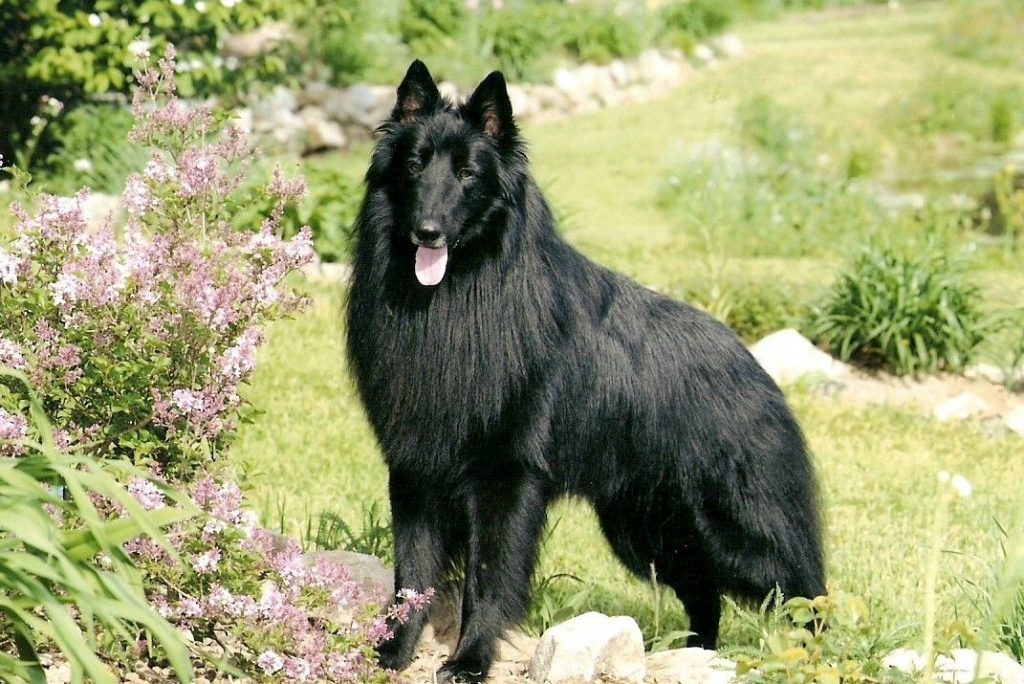
The Belgian Sheepdog is the black long-coated dog in the Belgian Shepherd Dog family. There are 4 kinds of Belgian Shepherds: the Belgian Sheepdog, the Belgian Tervuren, the Belgian Laekenois, and the Belgian Malinois.

Males range in size from 22.5 inches to 27.5 inches. The average male is 24 to 26 inches tall at the shoulder. He will weigh 60 to 80 pounds.
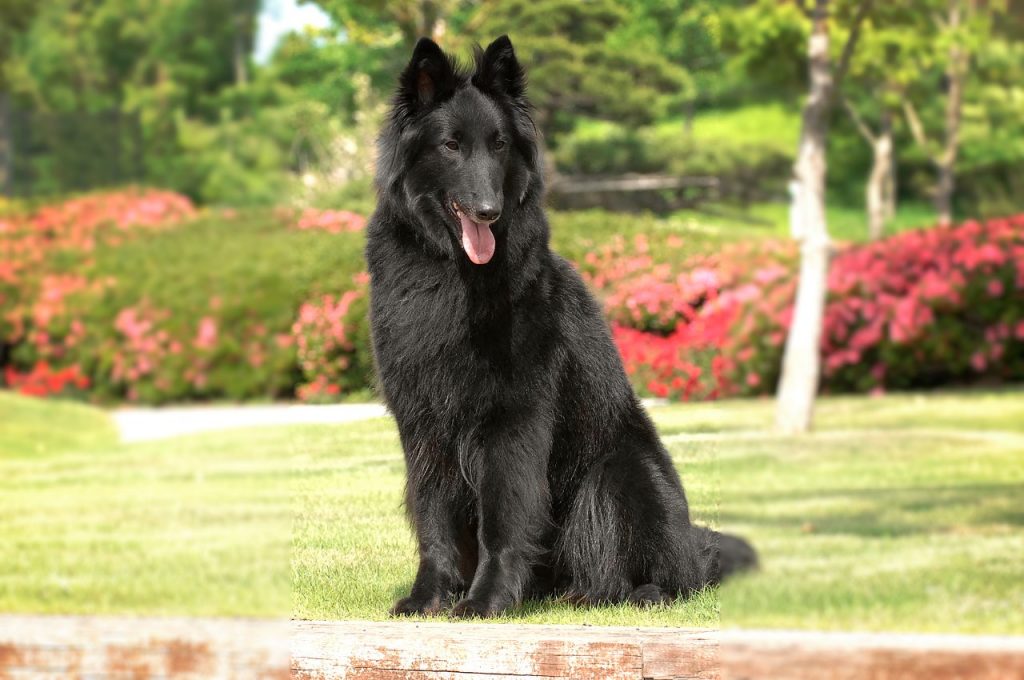
Females range from 20.5 inches to 25.5 inches. The average female is between 22 to 24 inches tall at the shoulder. She will weigh 40 to 60 pounds.
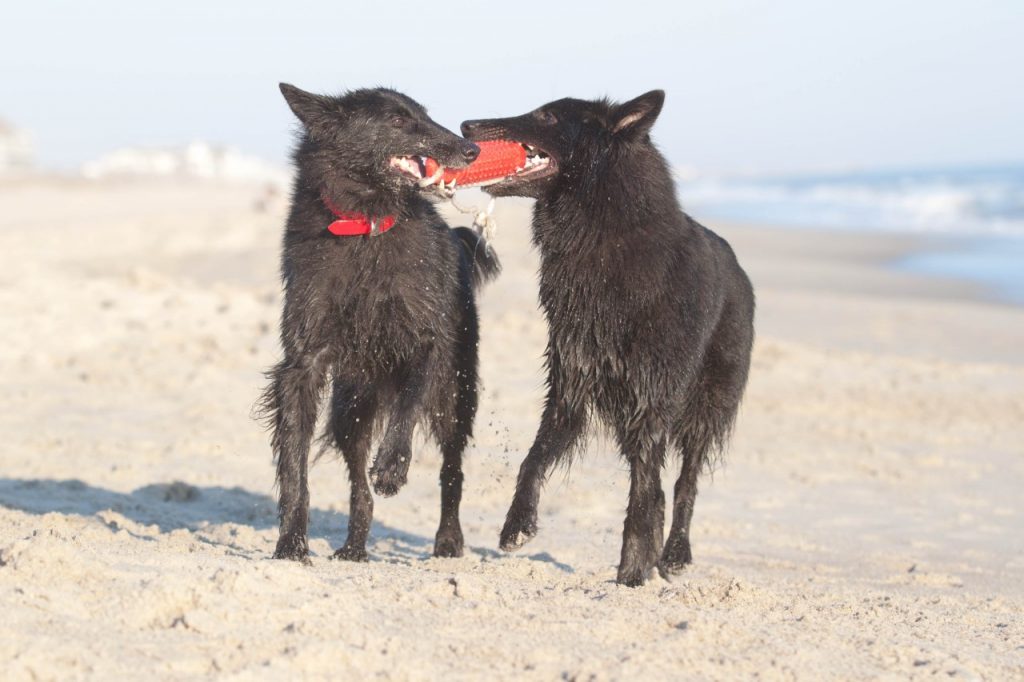
Belgian Sheepdogs are active dogs. They are intelligent and alert to everything going on around them. They develop a strong bond to “their human.” This bond can be a problem if they become too possessive or protective of “their human.” Socialization (early exposure to new people, different settings, other dogs, and new situations) helps prevent this.
They are active and engagingly playful. They need an owner who has the time to train a puppy (and keep at it until the puppy reaches adulthood).
A Belgian generally is not a dog for a first-time dog owner. If you fall in love with the personality and look of the breed, and are a first-time dog owner, you can navigate the challenges with the help of an experienced Belgian owner/mentor and a dog-training professional who has worked with the breed.
What is correct Belgian Sheepdog temperament?
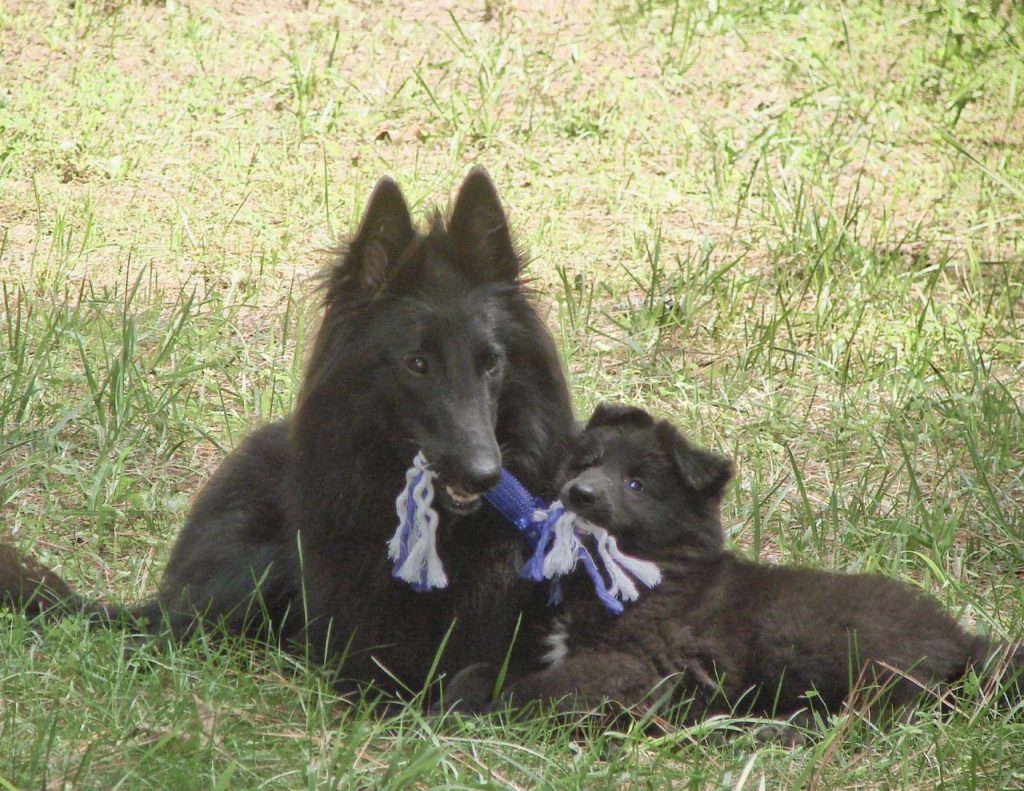
Temperament means the usual attitude, mood, or behavior of a person or animal. Belgian Sheepdog temperaments range from bold, friendly, and outgoing to reserved and aloof with strangers.
- An aloof, reserved temperament is very different from a fearful or aggressive temperament. A fearful or aggressive temperament is always incorrect.
Good temperament starts with good breeding. It is enhanced by a positive bond with the owner. Good socialization during the puppy period (exposure to new locations, meeting people engaged in activities, and walks on leash in familiar and unfamiliar locations) helps a Belgian puppy grow into a stable, steady adult. Snapping, growling, backing away, or bolting with a “don’t touch me!” attitude is always undesirable behaviors in a Belgian Sheepdog.
Some Belgian Sheepdog puppies go through temporary emotional phases in their first year. They may act silly, suspicious, or fearful. A well-bred and well-socialized Belgian Sheepdog will quickly outgrow these behaviors. Fearful or aggressive behavior in an adult Belgian Sheepdog is never acceptable.
What kind of home is suitable for a Belgian Sheepdog?

An owner who gets the most joy from and the best behavior out of a Belgian Sheepdog usually has had some experience with dog ownership and dog training.
Someone new to the breed may not be prepared for the energy and activity level of a young Belgian Sheepdog. They like to be included in all your activities. If you like jogging, hiking, running, biking, outdoor activities, dog training, and competitive dog sports then the Belgian Sheepdog may be a good choice for you.
Belgian Sheepdogs need time with their “humans.” They excel at being lap dogs (despite their size and energy level). After a busy day, they are happy just to relax with their “humans.” If you work extended hours, travel frequently, or have other activities that keep you away from your dog, then this is not the breed for you.
Are Belgian Sheepdogs good with children?
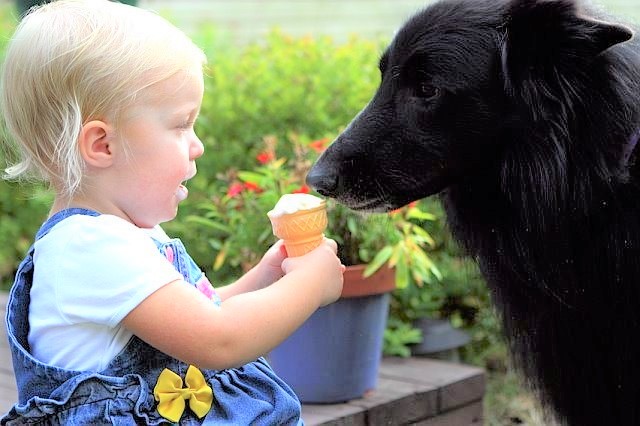
Yes, particularly if they are raised with them. If they are not raised with children, they should be given as many opportunities as possible as puppies and young dogs to meet and interact with children.
- Remember that this is a large, very active, very quick-to-respond dog. Never leave them unsupervised with babies, toddlers, very small children, or unruly children (of any age).
Children should also be trained how to treat a dog.
What kind of training does the Belgian Sheepdog need?
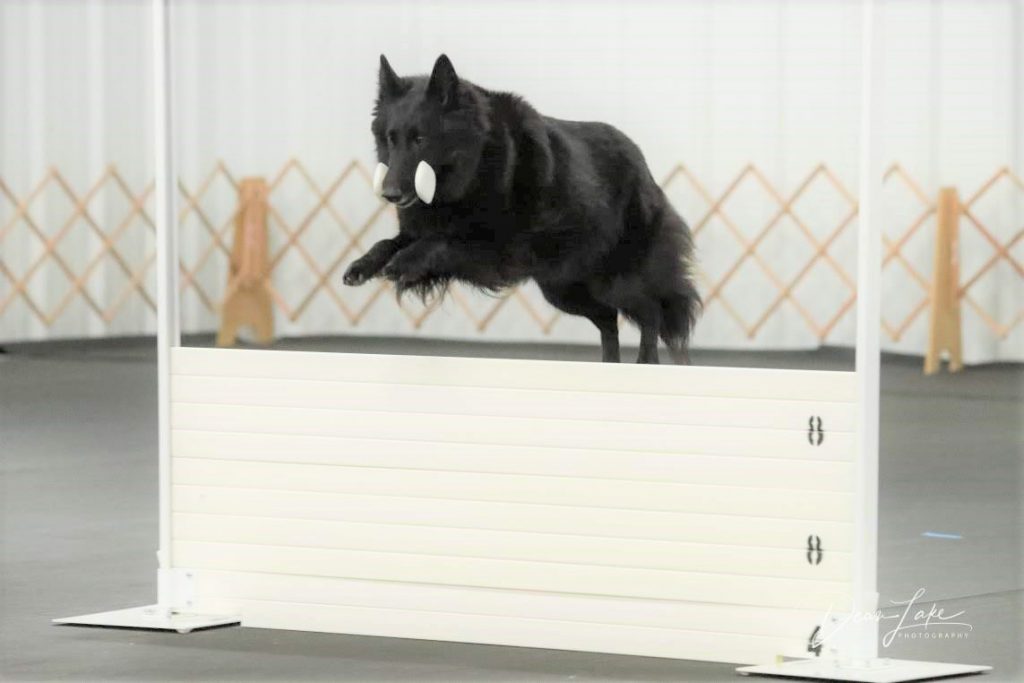
Most Belgian Sheepdogs are smart and funny. First-time Belgian Sheepdog owners are often amazed and delighted at how quickly these dogs learn. They are also very sensitive to corrections and have long memories. This combination of traits can get them into trouble if their owner fails to take the time to train them, uses harsh corrections or poor training technique.
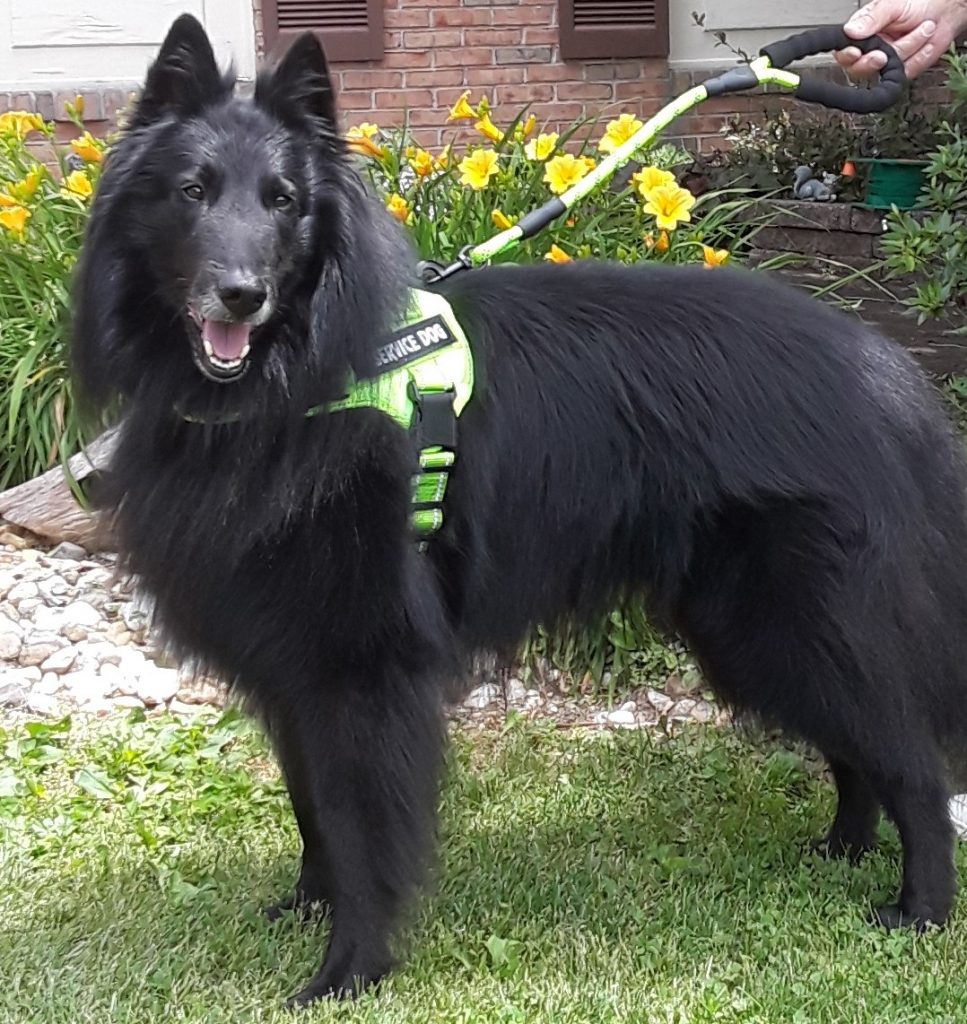
The Belgian Sheepdog can be suspicious of new people, unfamiliar dogs, and new situations. The best way to ensure that your Belgian Sheepdog can handle the challenges of daily life is to expose your puppy to new people, other dogs, and novel situations early and often.
A puppy socialization or puppy kindergarten class is very important to a Belgian Sheepdog’s growth and development. It gives your new puppy a great start.
What activities do Belgian Sheepdogs excel at?
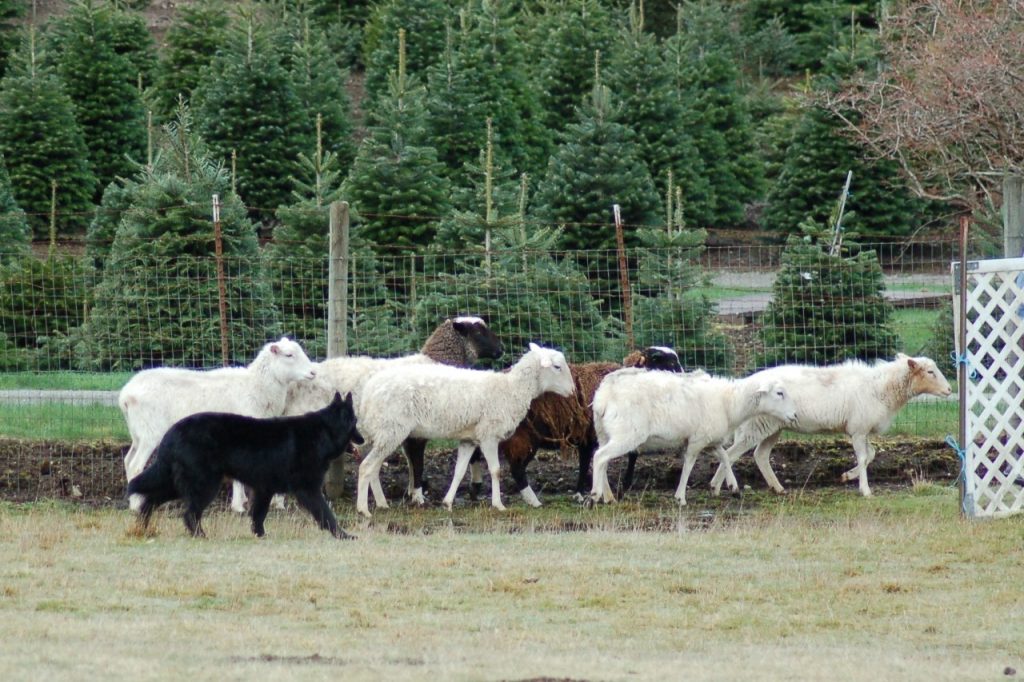
Just about anything their master asks them to do! There is almost nothing a Belgian Sheepdog won’t try if encouraged by his master. These dogs excel at competitive dog sports and events. You can find them at dog trials in obedience, tracking, agility, flyball, herding, showing, dock diving, nose work, search and rescue, and protection sports. There are even Belgian Sheepdogs who lure course! They love and need a job.
What kinds of health problems do Belgian Sheepdogs have?
Belgian Sheepdogs are generally healthy dogs. They live an average of 10 to 12 years. Although the incidence is low, genetic problems such as hip and elbow dysplasia exist in the breed. Evaluation and registration of dogs is available through the Orthopedic Foundation for Animals, Ontario Veterinary College and Penn Hip. The BSCA recommends that all breeding stock pass an eye exam.
Where can I find Health Testing Information & Health Certifications?
Orthopedic Foundation for Animals (OFA) https://ofa.org
Eye/Thyroid/Hip/Elbow Dysplasia
AKC Canine Health Foundation https://akcchf.org
Health Research & Reference Site
Epilepsy can be a problem in this breed. It most often shows up between the ages of 2 and 3. Most responsible breeders wait until their dogs are at least 3 years old before breeding them to reduce the risk that they have epilepsy and will transmit it to their offspring. Gastric Carcinoma is also a problem seen in the Belgian Sheepdog. There are no tests for either epilepsy or gastric carcinoma yet. Discuss with your breeder what they have done to reduce risk for both in the litter.
How do I find a Belgian Sheepdog puppy?
- Visit local dog shows and talk with owners. AKC holds Meet the Breeds events and there may be one near you.
- Contact breeders listed on the BSCA Breeders Directory or Litter Announcements. These breeders have signed the BSCA Breeders Code of Ethics. Ask if the breeder has done all the health clearances such at testing of hips, elbows and eyes on the parents. All results will be in the OFA database.
- We suggest you talk with at least 3 breeders before getting a puppy. If they don’t have puppies available, they will help you find other breeders who do.
- Responsible breeders try hard to match individual puppies to the home’s expectations. They will ask questions about your lifestyle and why you are getting a Belgian to ensure their puppies will go into a home where they will be a good fit with the owner’s family and goals.
What are some useful contacts?
- Belgian Sheepdog Club of America https://bsca.info
- BSCA Breeders Directory https://bsca.info/about/breeders-directory/
- BSCA Litter Announcements https://bsca.info/litter-announcements/
- American Kennel Club https://www.AKC.org
